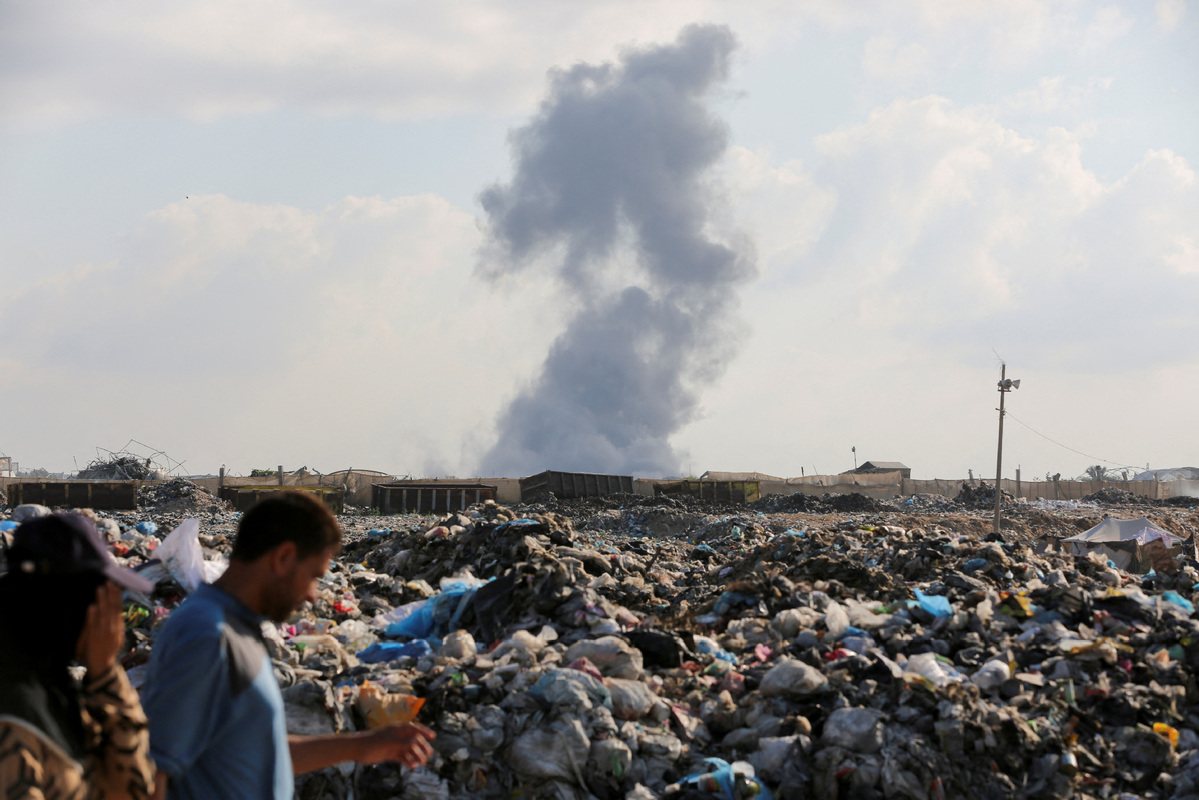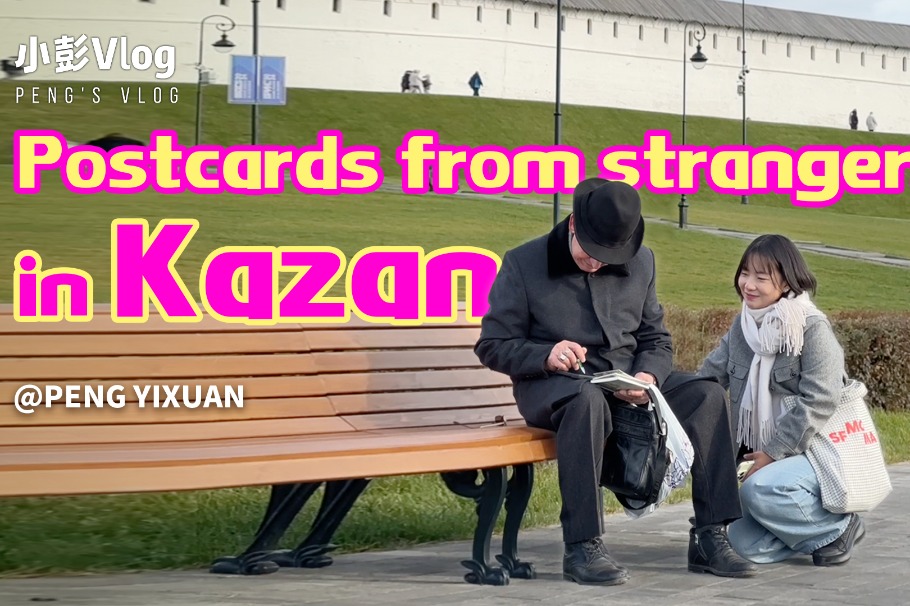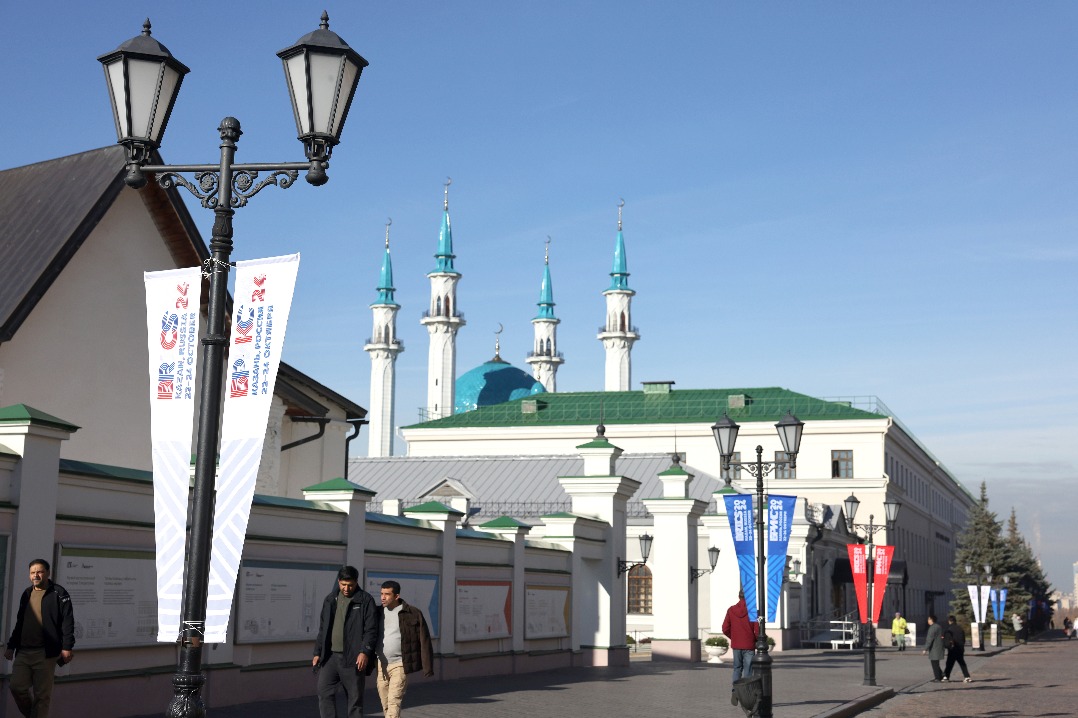Imperative that coolheadedness prevails in the Middle East: China Daily?editorial


The new president of Iran, Masoud Pezeshkian, campaigned on promises to improve ties with the West and adopt a pragmatic foreign policy. He pledged to try to revive the 2015 nuclear deal, and has just appointed Abbas Araghchi, a pragmatic diplomat instrumental to the 2015 agreement, as foreign minister. His election and apparently reconciliatory moves have aroused hopes for potentially constructive interactions between Teheran and the West. Especially as all of the key stakeholders, including Israel and the United States, seemed to recognize that an escalation of the hostilities in the Middle East would not be in their interest.
The Joe Biden administration appeared bent on brokering a cease-fire and hostage exchange deal between Israel and the Hamas to give a boost to the Democratic Party ahead of November's elections in the US.
In spite of its determination to put an end to security threats from militant groups such as the Hamas and Hezbollah, Israel seemingly appreciated the folly of an all-out war where it would have to fight simultaneously on multiple fronts. Iran, too, has had to consider the consequences of getting dragged into a war that could prove to be an existential struggle.
Should all the parties come to terms with the reality that they have more to lose than gain, should they be rational in their calculations and judgments of the situation, they will be able to avoid making a disastrous misjudgment and consequent misstep. Yet that demands self-discipline in the face of less temperate domestic sentiment in each of the three countries.
The recent assassination of Hamas' political leader Ismail Haniyeh in Teheran has added unexpected complexities to the picture in the Middle East. Chinese Foreign Minister Wang Yi told Iran's acting foreign minister in a phone conversation on Sunday that the killing of Haniyeh had "directly undermined the Gaza cease-fire negotiation process and undermined regional peace and stability".
If there had been a ray of hope for even a temporary cease-fire and hostage exchange for Gaza, and perhaps de-escalation of broader tensions and hostilities, it might have all but disappeared with the killing of Haniyeh. The reported change in Israel's assessment of the situation is an indication of the severity of the development and the fluidity of the situation. Until late last week, the Israeli intelligence community had assumed Teheran had given up its initial intention to launch an imminent large-scale attack against Israel. On Sunday, however, multiple media reports claimed they had reversed that judgment, concluding instead a major Iranian attack could be launched within days. That would be this week, possibly before the cease-fire-hostage deal talks planned for Thursday.
Israeli Minister of Defense Yoav Gallant said on Sunday that Iran and Hezbollah "are threatening to harm us in a way they haven't done in the past", and Israel will operate in ways it has never operated before. The US, on its part, has significantly upgraded its military deployment and combat preparedness in the region in response to the changed dynamics. Many major airlines have canceled or delayed flights to Israel and other countries in the region.
It remains a matter of speculation whether and how the situation will unfold. Hopefully all the parties involved will show reason and exercise restraint, so that the situation does not spiral out of control and end up hurting all. The Iranian mission to the United Nations said in a statement on Friday their response will be timed and conducted in a manner not to the detriment of a potential cease-fire. We can only hope that will be the case.
What is pressingly needed now, as Wang said, is for the international community to join forces and urge all parties to earnestly implement relevant UN Security Council resolutions, to create conditions for the early realization of a comprehensive and permanent cease-fire in Gaza, so as to calm the immediate situation and open the door for communication that can lead to lasting peace and stability in the region.

































